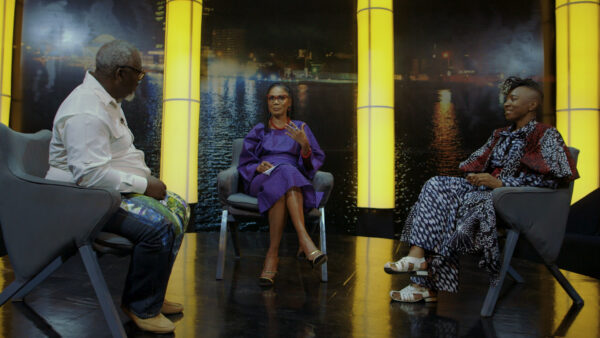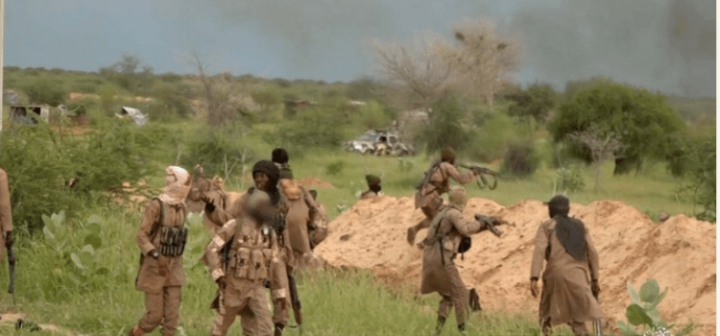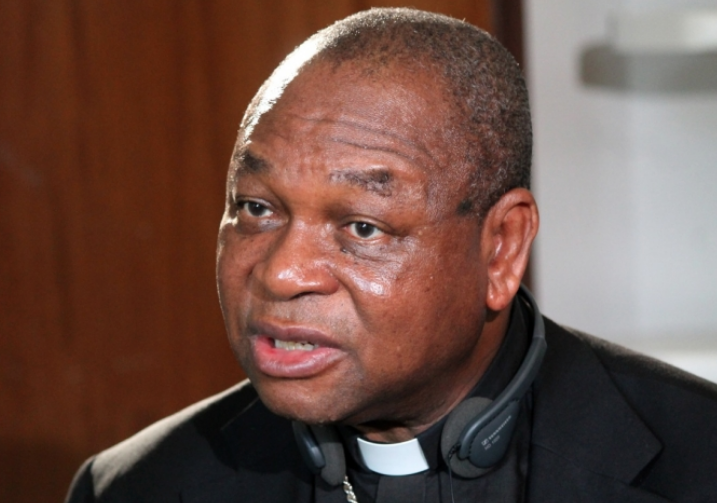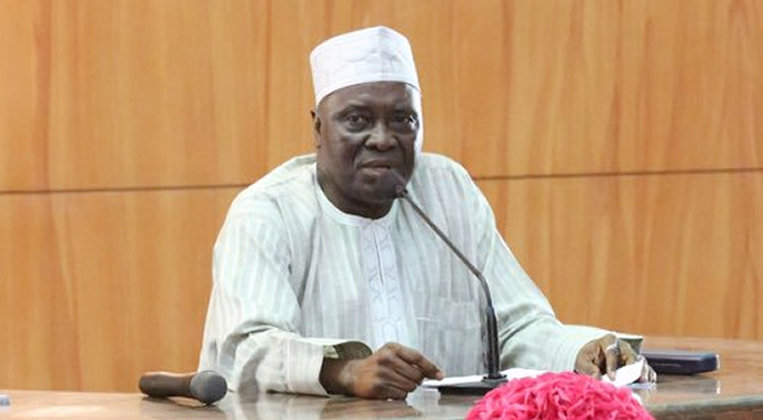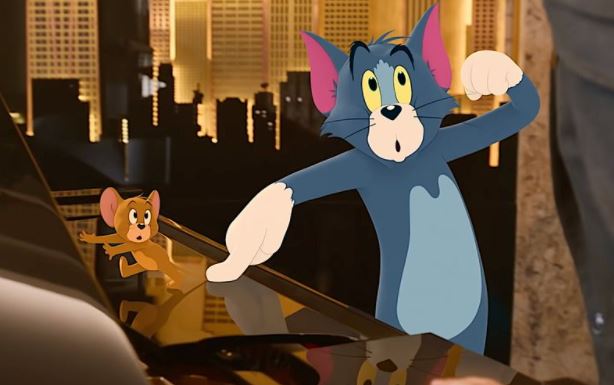The discourse on how Africans have abandoned their traditional religions was the focus of the recent episode of Funmi Iyanda’s ‘Public Eye’.
Televised on Sunday, the show focused on rediscovering African spirituality.
Ejiro Onobrakpaye, a cultural and art curator; Wunmi Olaiya, singer and songwriter; Munoyedi Ogbolumani, an African indigenous teacher; and Oko Obona, a professor of sociology, aired their thoughts on the subject matter.
Onobrakpaye argued that before the advent of the colonialists in Nigeria, the society had organised systems, structures and religions.
Advertisement
The art curator noted that Nigerians have abandoned the ways of their ancestors for “second-hand religions”, adding that “the religion that comes from the west is not really from the west”.
“It comes from somewhere else. We are actually absolving second-hand religion from people that are learning from other people.
“Our religion is part of our sense of identity. It tells us who we are and what makes us unique.”
Advertisement
Also, Olaiya noted that the colonialists took away the religion that defined and united Africans and replaced it with a religion that does not satisfy the soul.
The songwriter argued that Africans are always in constant search of a sense of identity, owing to the damage done by those who colonised them.
“The doctrine of years and years was about running away from who we are, one of the things they wanted us to cut was sense of religion, we cannot have two madams in the house, we couldn’t have two religions,” she said.
“The difference between us and them is that we did not choose to give our religion up. It was forced out brutally. So, you can’t help but go back to it – to look at it and find out what was wrong with it, especially when the religion we’ve been forced into does not satisfy our soul.
Advertisement
“The colonial masters knew that to control us, they had to take away the one thing that united us – our religion.”
On his part, Ogbolumani noted that the problem of identity has resulted in a situation where the country keeps making the same mistakes.
“When you don’t know yourself, when you do not know who you truly are, there is no headway. You will keep going in a loop, repeating the same mistakes. That is the state Nigeria is in today,” he said.
On his part, Obona said the demonisation of African traditional religion started when the early missionaries came to displace the religion they did not understand.
Advertisement
“The demonisation of African traditional religion began long before the Azusa meeting, which is the origin of pentecostalism. It commenced with the earliest missionaries, who were trying to displace what they did not understand,” he said.
“If you have a society that is fragmented into different belief systems, there is no harmony among its parts. 389 ethnic groups in Nigeria – there is no coherence amongst them.
Advertisement
“What this tells you is that at the individual level, the citizens have fractured souls, and at the national level, there is a fractured psyche.”
Advertisement
Add a comment
